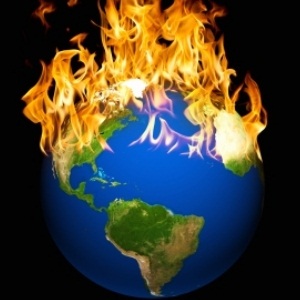
More ice means fewer elephant seal pups, according to Australian scientists studying breeding colonies on Macquarie Island near Antarctica and atmospheric changes in the region that have affected the feeding grounds.
"When there's more sea ice the population is likely to go down and in years when there's less sea ice the population is likely to go up," John van den Hoff, a marine biologist at the Australian Antarctic Division, told Reuters.
"When there's extra sea ice the seals can't access the continental shelf as readily as when there's either an average or lesser amount of sea ice."
Read: Warmer soils release more CO2 into atmosphere
The causes are due to climate variability linked to a hole in the ozone layer over Antarctica, not climate change, said van den Hoff, a lead researcher on a paper published in the Proceedings of the Royal Society B.
Numbers declining
The scientists said they found the number of female elephant seals breeding on Macquarie Island isthmus fell nearly 25% from a high of 22 640 in 1988 to 17 228 in 2009.
The team looked for a correlation between the decline of elephant seals and an index of weather variability in the Southern Ocean known as the Southern Annular Mode (SAM).
Vocal: Elephant seals at Piedras Blancas Rookery.
Read: Here are 10 extraordinary species we will lose if we don't put the brakes on climate change
"The key is, in some years the winds are colder so even though the ocean may be warming slightly the winds are still cold coming off the continent, that's the measure of the SAM," he said.
The higher the SAM index, the lower the number of elephant seal births. The report found a persistent increase in the SAM index over the last 30 years, meaning there was more sea ice.
Some populations increasing
"As both warming of the Southern Ocean and a positive SAM phase shift are predicted to continue as long as the ozone hole remains open and greenhouse gas emissions continue to increase, we can expect further changes in the structure and function of the Southern Ocean ecosystem," van den Hoff said.
The news is not all bad for elephant seals in other areas, he said, with populations on the West Antarctic peninsula increasing as sea ice in that region declines.
"However, it is still too early to say whether elephant seals will be climate change winners or losers," he said.
Read more:
Climate change increases Antarctic sea ice cover
Climate change cannot be ignored




 Publications
Publications
 Partners
Partners














